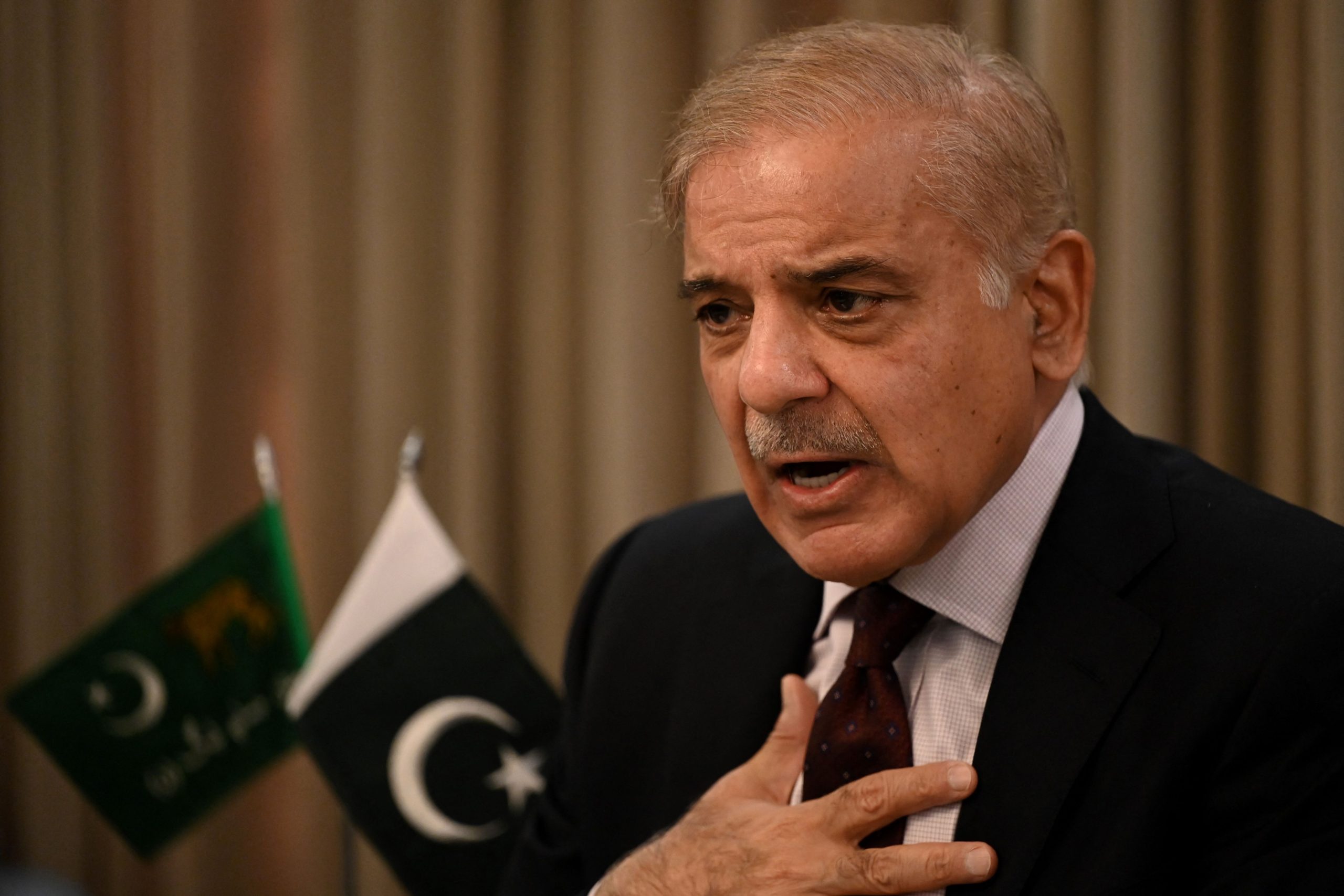Prime Minister Shehbaz Sharif expressed optimism that Pakistan and the International Monetary Fund (IMF) are likely to reach a long-awaited loan agreement this month. In an exclusive interview with Turkish news agency Anadolu, the prime minister mentioned that the IMF’s ninth review would fulfill all terms and conditions, and he anticipated positive news in the near future. He emphasized that Pakistan has met all the requirements of the IMF as prior actions.

Regarding contingency plans in case the IMF negotiations fail, the prime minister highlighted the resilience and determination of the Pakistani people. He acknowledged that Pakistan has faced challenges in the past and stated that if necessary, they would tighten their belts and overcome difficulties. The prime minister affirmed that his government has successfully navigated challenges with the support of the people of Pakistan and friendly nations.
Addressing the bilateral relations between Pakistan and Turkey, the prime minister described them as a deep connection, with shared values and goals. He extended his congratulations to the people of Turkey on President Erdogan’s re-election, considering it a significant development. The prime minister emphasized that Pakistan and Turkey will enhance cooperation in various sectors such as biogas, solar energy, and hydropower to promote trade and mutual growth.
Recently, Minister of State for Finance Dr Aisha Ghaus Pasha dismissed the possibility of considering alternative options (Plan B) if Pakistan fails to convince the IMF to revive the suspended loan program. Dr Pasha clarified that the government’s commitment lies in reviving the IMF program through the completion of the pending ninth review. She also revealed that the IMF still maintains its projection of a financing gap of $6 billion for the ongoing financial year, despite Islamabad’s assessment of $4.5 billion, which was supported by multilateral and bilateral creditors.
The current IMF program is set to expire on June 30, leaving limited time for the completion of the pending ninth review under the Extended Fund Facility (EFF) of $6.5 billion. The program’s revival depends on reaching a staff-level agreement that addresses contentious issues such as external financing, budgetary framework, and adherence to the free market exchange rate. Failure to reach an agreement would result in the program’s failure.
However, sources suggest that Pakistan will have no choice but to seek another IMF program in the next fiscal year, considering external debt repayments of $25 billion. This amount does not include the projected current account deficit, which could range from $7-8 billion in the next fiscal year. Consequently, the total external financing requirements for 2023-24 may reach $32-33 billion.






